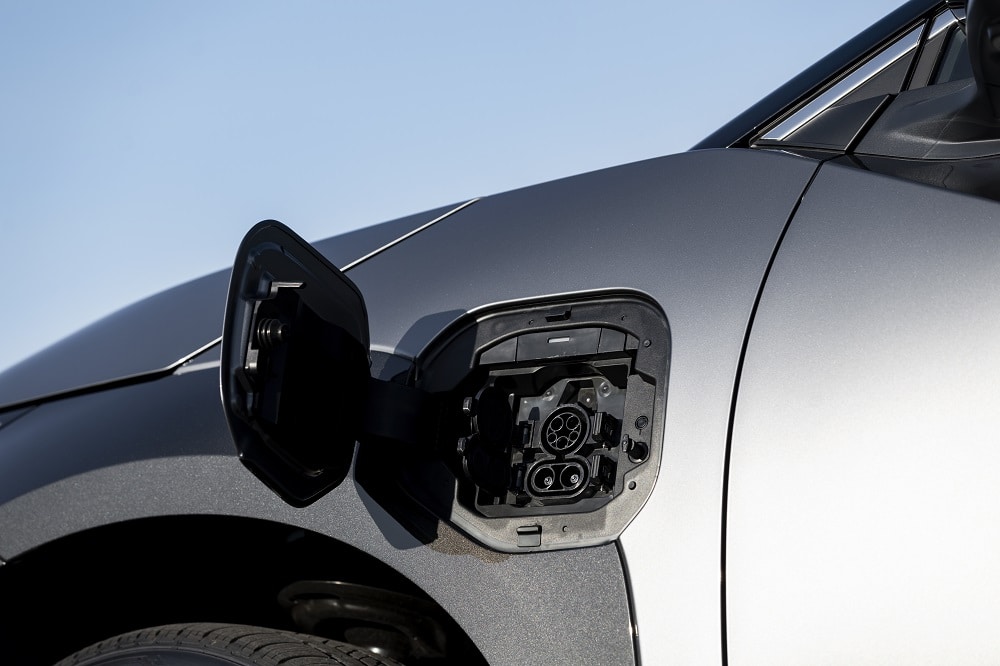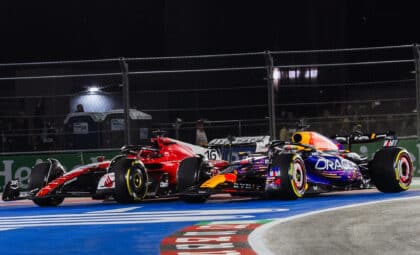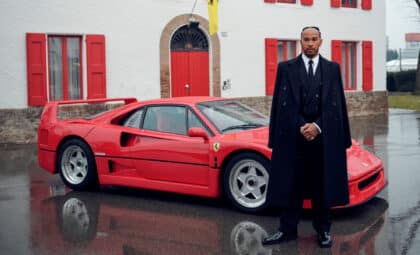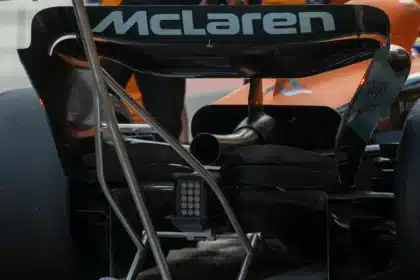 Photo: Toyota
Photo: Toyota
In an interview with Automotive News, Toyota executives have outlined how they plan to make Toyota a leader in the electric battery industry. A next-generation lithium-ion battery capable of 620 miles of range has been revealed to be due in 2026, followed by solid-state batteries with 900 miles of range, to be rolled out at an indeterminate date.
“We are determined to be the world leaders in batteries,” said Toyota chief technology officer Hiroki Nakajima. “We will need various options for batteries, just like we have different variations of engines. It is important to make these batteries compatible with any kind of model.”
Lineup: Explore Toyota’s current EV products
Not only will these batteries be more capable, Toyota says they’ll be 20% cheaper to produce compared to current batteries. Additionally, they’ll be able to charge from 10-80% in just 20 minutes using a DC public fast charger. This would be a great step forward as range anxiety and recharge times continue to be one of the top concerns for people thinking about buying an EV.
Any automaker seeking to improve the efficiency and overall performance of their car has to look at one major obstacle: how to reduce air resistance. Toyota claims — using knowledge from aerospace subsidiary Mitsubishi Heavy Industries — it will be able to achieve a drag coefficient of just 0.20. The most aerodynamically-efficient vehicles are currently around 0.21.
Over the past decade, Toyota has done a lot to ensure it isn’t already an electric car leader despite its considerable resources. It repeatedly took the stance that, in pursuit of a zero-emissions future, the best solution was not to dive straight into EVs but rather to aim toward hydrogen fuel-cell vehicles; and that, until the technology and infrastructure are ready, it would be best to provide customers with a wide variety of electrified choices such as hybrids, plug-in hybrids, all-electrics, and FCVs.
The merits of its argument notwithstanding, Toyota has consequently fallen behind its competitors in the EV space, and its first foray in the all-electric space, in the form of the bZ4X SUV, was a major letdown.
Notably, the quote in this article’s second paragraph isn’t about cars. It’s about batteries. And when it comes to those, Toyota has certainly not been dallying about. From developing AI-powered algorithms to predict battery life to investing $13.5 billion in solid-state batteries, which could be the holy grail of EV technology, the Japanese automaker has been busy.
Even the company’s stubborn commitment to hydrogen is clearly not misplaced. Hydrogen power has already proven to be better suited to heavy-duty transportation than standard EV tech, and while no automaker is quite as happy as Toyota to take the flak for repping hydrogen, there are still many with their eggs in that particular basket (albeit with much smaller eggs).
What’s more, the potential of hydrogen’s role in clean, sustainable energy is drawing more attention. Early this month, the Biden administration announced a goal to produce 50 million metric tons of clean hydrogen fuel by 2050 that should reduce the U.S.’s greenhouse gas emissions by 10%. The ACO, which organizes the famous 24 Hours of Le Mans race, wants all of the top-class cars to be hydrogen-powered by 2030.
It’s unclear what the future of personal transportation looks like, but one thing is for certain: with Toyota’s resources, whatever it chooses to prioritize will probably have an impact on that future, for better or worse.
Kurt Verlin was born in France and lives in the United States. Throughout his life he was always told French was the language of romance, but it was English he fell in love with. He likes cats, music, cars, 30 Rock, Formula 1, and pretending to be a race car driver in simulators; but most of all, he just likes to write about it all. See more articles by Kurt.








